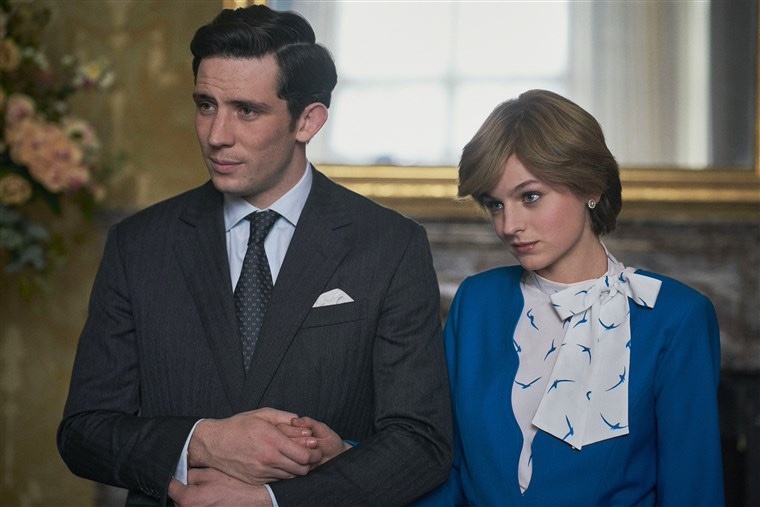
Latest season of The Crown exposes double standards from MPs
There appears to be something slightly insidious in how Oliver Dowden, Culture Secretary, has singled out the recent series of The Crown as needing a warning of its fictional status. That the most recent season specifically, with its focus on Thatcher and the marriage of Charles and Diana, has drawn so much concern from Dowden begs the question of what history the establishment is okay with fictionalising, and what history it isn’t.
As Charlotte Higgins has argued, no such derision has been faced by films such as Darkest Hour, which help glorify and enshrine that oh so romantic (and invariably flawed) notion of a Great Britannia. Even earlier seasons of the programme have escaped this scrutiny. There is, then, a dangerous selectivity underlined in how the Tories only seek their qualms with fiction of the nation that appears more negative than positive.
Of course, there is the point that dicing with history that is still “being written” is dangerous. This was central to Dowden’s argument; he described how he feared a “generation of viewers who did not live through these events may mistake fiction for fact”. As well as doing a patronising disservice to young people’s incisiveness and curiosity – Twitter has been flooded by memes of those flurrying to fact check various episodes – Dowden’s statement highlights the assumption that “known” history is more stable.
History that has been consigned to the record isn’t necessarily truthful or whole; there are still very specific influences and decision processes that come into its writing, however long ago. It still fits a certain narrative. Other media, like Darkest Hour, avoiding fiction warnings under the understanding of being “solid” history suggests hypocrisy. History that has been written, and history that is being written share similar problems. If anything, fictionalisation of contemporary history opens up valuable scrutiny and reckoning as to the authority of what goes down.
It is, however, undeniable that the series contains a disconcerting blend of fiction and fact. Moments of fiction never seem wholly unfeasible, and appear as elaborations from known, public events. Most of this season’s furor derives from its depiction of Charles and Diana’s relationship. The former is presented as cold, and unloving, whilst Diana’s status as the “People’s Princess” is evermore solidified. That this should need a fiction warning, however, still seems unnecessary; Netflix advertises the show as a drama, and Peter Morgan is specifically named as its creator.
Opening up scrutiny of the Royals and their individual characters also certainly has its problems. Meghan Markle’s treatment by the press has been unfairly callous, and cruelly personal. It is also difficult to downplay the perceived role of the press in Diana’s death.
However, the series does side with sympathy. It protects people like Diana – perhaps the only character universally loved – who did verifiably good deeds in their lifetimes, and doesn’t overly marr the reputations of others. The Queen, for instance, is presented as flawed but reasonable, with a fundamentally kind nature. If it got to covering Meghan in its later seasons, I expect that her kindness, openness and bravery will be celebrated and empathised with.
Where the series does poke holes in characters, it does not do so without at least some reason. The decline of Charles and Diana’s relationship was relatively well-evidenced – particularly in her controversial interview with Martin Bashir. Moreover, allusions to Prince Andrew’s potentially inappropriate relationships haven’t come from absolutely nowhere, given THAT interview last year.
Unfortunately or not for them, this family does reside at the middle of British institutions. Seeking to completely protect them in The Crown through a fiction warning, firstly, assumes a genre blindness most people do not have. More strikingly, the Royal Family can be problematic. That the caveat of being a drama isn’t enough to dispel the government’s concerns of their potentially negative image demonstrates a double standard.
A “fiction warning” shouldn’t be a tool to help decide what is consigned to the nation’s memory and what isn’t, especially when that memory isn’t as stable as it likes to think it is.
By Mia Fulford

